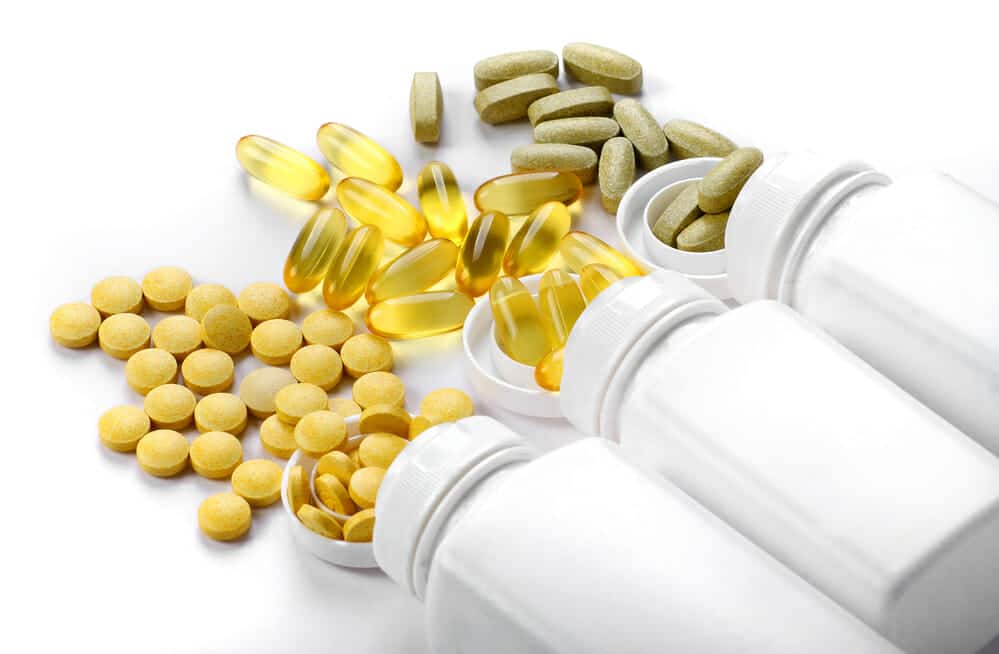We all know that “we are what we eat” (and drink). Anyone trying to maintain their health knows to pay close attention to what they put in their body. For many athletes this begins with a morning smoothie or an after workout protein drink. With so many options for protein powders and supplements, how do you know which is best? Making a choice between whey based, soy-based or vegan protein does not need to end with a headache. Here we will look at the pros and cons of each source to help you power your body with the best possible fuel.
About Protein Powders:
Whether you are a seasoned athlete or at the beginning of your wellness journey, you have probably heard about the protein revolution. These protein supplements allow you to safely and quickly up your daily protein intake by adding a scoop or two to smoothies, baked goods, or shakes. Protein powders can help with weight loss efforts, preserving lean muscle mass, gaining muscle mass and maintaining overall health.
That being said, it is important to pay close attention to what is in your powder. Not all sources of protein are created equal. Unfortunately some of the powders on the market are chock full of as much chemicals and artificial sweeteners as protein.
Whey Protein: The Pro’s
The most noted strength of whey protein is that it is a “complete” protein, meaning it possesses all 9 essential amino acids (the ones not naturally produced by your body). Whey has the highest level of the amino acid leucine, which helps give your muscles the fuel to dominate your workout and build muscle.
It is one of the most used protein sources because it is a water-soluble milk protein. An article published by Nutrition and Metabolism outlines how milk proteins, like those in whey and casein, can help to preserve lean muscle mass and improve metabolic health during weight loss.
Whey Protein: The Con’s
What serves as a benefit for some people is a drawback to others when it comes to whey protein. Because whey is a milk derivative, it is not an ideal choice for anyone who struggles with dairy. The level of lactose in some whey protein can cause digestive distress in people who are intolerant to milk sugar and lactose. People who are unable to properly synthesize this enzyme will experience abdominal pain, gas and even diarrhea.
Another potential drawback to mass-market whey proteins occurs during many commercial preparations of whey, when a number of chemicals used in the process leave small amounts behind. Even small amounts of these chemicals have been associated with bloating and a variety of skin conditions.
Soy Protein: The Pro’s
Soy protein contains higher amounts of the amino acids glutamine and arginine, which have been linked to improved immune function, better digestive health, and even an increase in cognitive function. It is also considered a complete protein, possessing all of the necessary essential amino acids.
Supporters of the “soy camp” have noted that soy protein is the most effective plant-derived source for people who are working to build or maintain muscle mass. However this is a somewhat controversial notion, since the other “camps” might argue the same of their protein source.
Soy Protein: The Con’s
Although the jury is not yet in, many research studies have shown that soy is not an ideal source of protein for women with a history of estrogen-related cancers and men with lower testosterone levels, as it does effect the production and absorption of estrogen in the body.
Another downfall of soy protein occurs when during the manufacturing process the dried defatted and flaked soybeans are washed with either water or alcohol. Unfortunately, this process does not include the removal of phytic acid, which is an anti-nutrient. Phytic acid binds with zinc, magnesium, calcium, iron, and copper, which can lead to a deficiency in these essential minerals.
Vegan Protein: The Pro’s
The most common sources of vegan protein (aside from soy) are pea, rice or hemp formulas, or a combination of more than one source of protein. Vegan or plant based protein are largely considered more slimming than milk-derived proteins. This is in large part because they are naturally fat and cholesterol-free.
These types of proteins are looked upon as the most hypoallergenic of all protein powders. Vegan protein is lactose and gluten-free, making it ideal for the growing number of people living with food sensitivities. Plant protein is not associated with bloat unlike many other protein powders, and their formulas tend to skip artificial sweeteners and chemicals.
While the battle for which protein is best for building muscle mass rages on, a 2013 study published in the University of Tampa Nutrition Journal found that rice protein was just as effective as whey in building muscle and strength among men who worked out frequently.
Vegan Protein: The Con’s
The biggest argument against vegan protein is that single plant-based varieties are not complete proteins. However, if a plant-based, hypoallergenic protein source is your goal, you can opt for a formula that combines two sources, such as pea and rice to ensure you get all the nutrients you need.
Like the other protein powders, paying attention to the standards of production and manufacturing in your vegan protein is essential. Choosing an “off the shelf” powder might be convenient, but at what cost? A 2010 Consumer Reports investigation showed that several of the mass-market protein powders contained levels of harmful chemicals that can accumulate in your body with continued use.
What Does This Mean for Your Protein Needs?
In the end your ideal protein source depends upon your personal goals and the way your body functions best. It is important to focus on a protein source that is clean and is made from clinically proven ingredients. The protein you put into your body is the fuel you need to be you. And remember, when it comes to protein supplements, you get what you pay for.
Sources:
Consumer Reports – https://www.consumerreports.org/cro/magazine-archive/2010/july/food/protein-drinks/what-our-tests-found/index.htm
Nutrition and Medicine – https://nutritionandmetabolism.biomedcentral.com/articles/10.1186/1743-7075-10-46
Nutrition Journal – https://nutritionj.biomedcentral.com/articles/10.1186/1475-2891-12-86
Scientific American – https://www.scientificamerican.com/article/soybean-fertility-hormone-isoflavones-genistein/








Reply